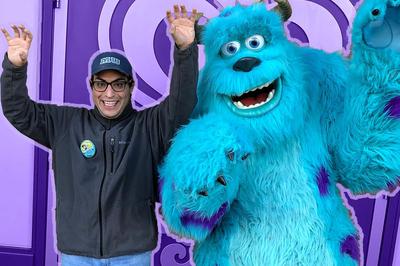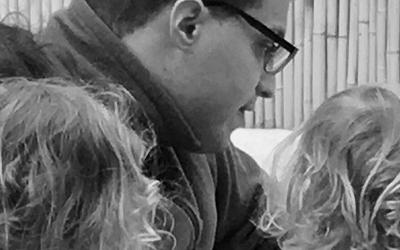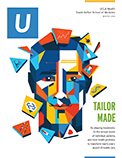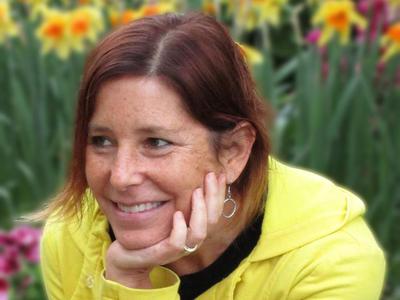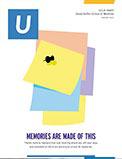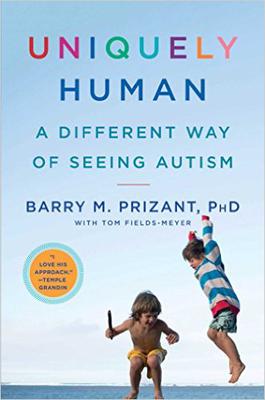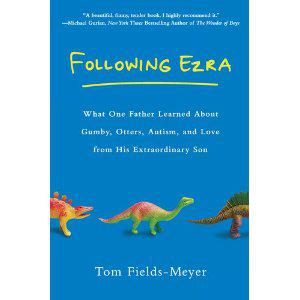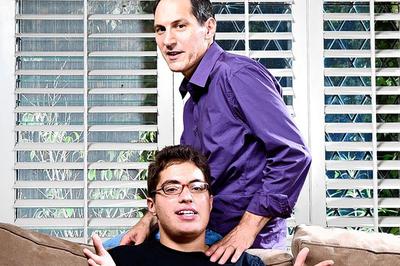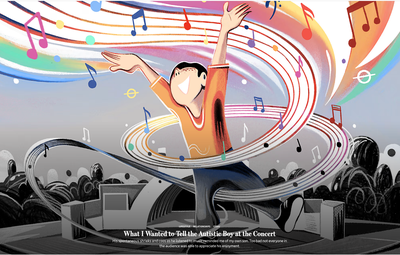
What I Wanted to Tell the Autistic Boy at the Concert
Dear little boy at the Hollywood Bowl,
We don’t know each other, but I was hoping to meet you to thank you. You looked to be 8 or 9 years old, and you were sitting a few rows behind me during a recent performance by Joshua Bell, the virtuoso violinist, with the Los Angeles Philharmonic.
As Bell and the symphony performed, you occasionally accompanied them with your own spontaneous, beautiful sounds. . .

